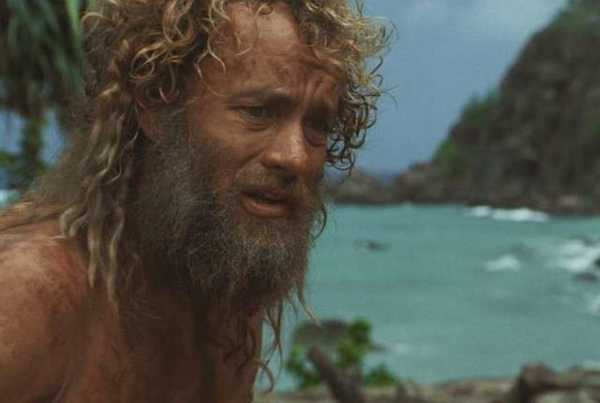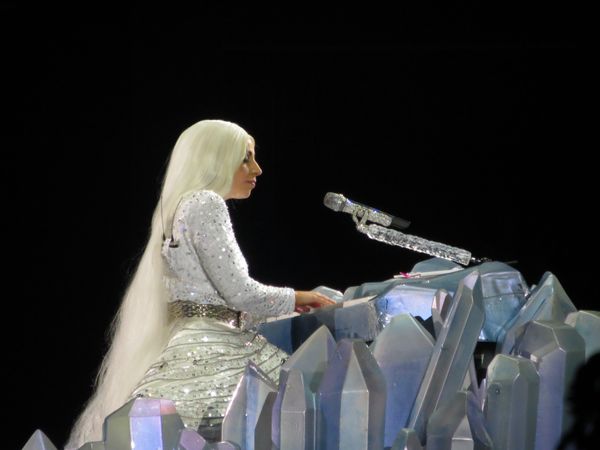Since the release and popularity of "The Hunger Games" books and movies, many similar series have emerged, promising new takes on their genre. As seems to be the case with all media phenomena, it's as if many people saw that concept and ripped the core of its story from its body, along with all the terrible tropes we've come to know all too well.
While there are some great YA fantasy novel series in existence, they don't gain as much hype. Below is a list of those overused tropes and suggestions for how to include better and more interesting elements to write YA fantasy series differently. These are basically free ideas here for future YA fantasy authors. You're welcome.
Forced romance, love triangles, or forced love triangles
Too many series force an ongoing romance between two characters which usually begins in an "instant love" moment. Sometimes, the romance makes sense.
Other times, the author takes a turn from the main plot to force a relationship into their story. This makes it obvious that the author is writing to please their audience, which is fine.
However, this genre tends to reach wider audiences who will cringe at characters making lovey eyes at each other on a battlefield.
When the protagonist is battling their society's restrictions, why do they always have time for romance? While including romance is not inherently bad, it is bad to pretend that a romance happens at first glance. Even most teenagers are past the point of believing in "love at first sight," so who are these subplots for, other than for convenience's sake?
There are far more ways to relate to teenagers' lives and struggles than most authors seem to know. At this age, people can experience a range of struggles including depression, bullying, drug use, academic problems, peer pressure, society's prejudices, family conflict, and self-harm among other things.
I would cheer for a novel wherein the main character deals with any of these topics and overcomes them or learns to deal with them, even in the context of a dystopian novel.
First-person perspective
 Giphy
Giphy
This genre tries really hard to relate to its audience, and this usually involves using the first-person perspective.
It's a natural way to write and for some, it can be tricky to step fully into another character's head and understand them. Sometimes the first-person is a crutch for writers and leaves too much room for boring inner monologues.
This is easily fixed by branching out and trying third-person perspective that enriches the world and setting while giving us information about character development.
An "Us vs. Them" mentality
In a YA fantasy novel, the protagonist is usually part of the oppressed class that fights against their society.
This does seem like a natural point of conflict and interest for the story that also complements adolescent rebellious themes, but it's a bit overwrought. A dystopian world often leans on the basic belief that everyone is on one side or the other and cannot possibly find a middle ground.
"An Ember in the Ashes" did do something right by having one of its two narrators be from the Elite class that oppresses lower classes. This narrative dissolved the all-too-common trope that everyone in the oppressive class agrees with their society. However, its other main character's only personality traits included being subservient and gullible.
YA authors should consider writing a main character who is part of or a child of someone in the All-Powerful Government who doesn't stray from their core belief that their class should be the ones in power.
They could also write from the perspective of someone outside the caste or class system, or be a traveler or someone in a classless society as mentioned before.
Generally, there are two sides to every issue even if one of them is unjust. A story is more believable when it develops all sides of an issue.
Underdeveloped antagonists
Along with a caste system that makes little sense, the YA dystopia and fantasy genres like to include antagonists who are unnecessarily evil and whose reasons for being evil are vague.
Though not all series do this, many antagonists are the way they are for reasons unknown, and they are often incredibly and unreasonably cruel. It's lazy when a character is inserted to be an oppressive obstacle to their protagonists. There are genuinely terrible people, but we should expect well-written terrible people.
It wouldn't hurt or justify their evilness by giving them some backstory or reason to act the way they do even if the reason is the character's own flawed logic and hurt. Most people will be able to see right through a poorly developed evil character, and it cheapens the protagonist's development and struggle when they're simply fighting against a generic cardboard cutout of a Villain.
Basically, we should expect more from the YA dystopia series genre, because it has the potential to be deeply enriching and imaginative if it would break away from its overused tropes.



















